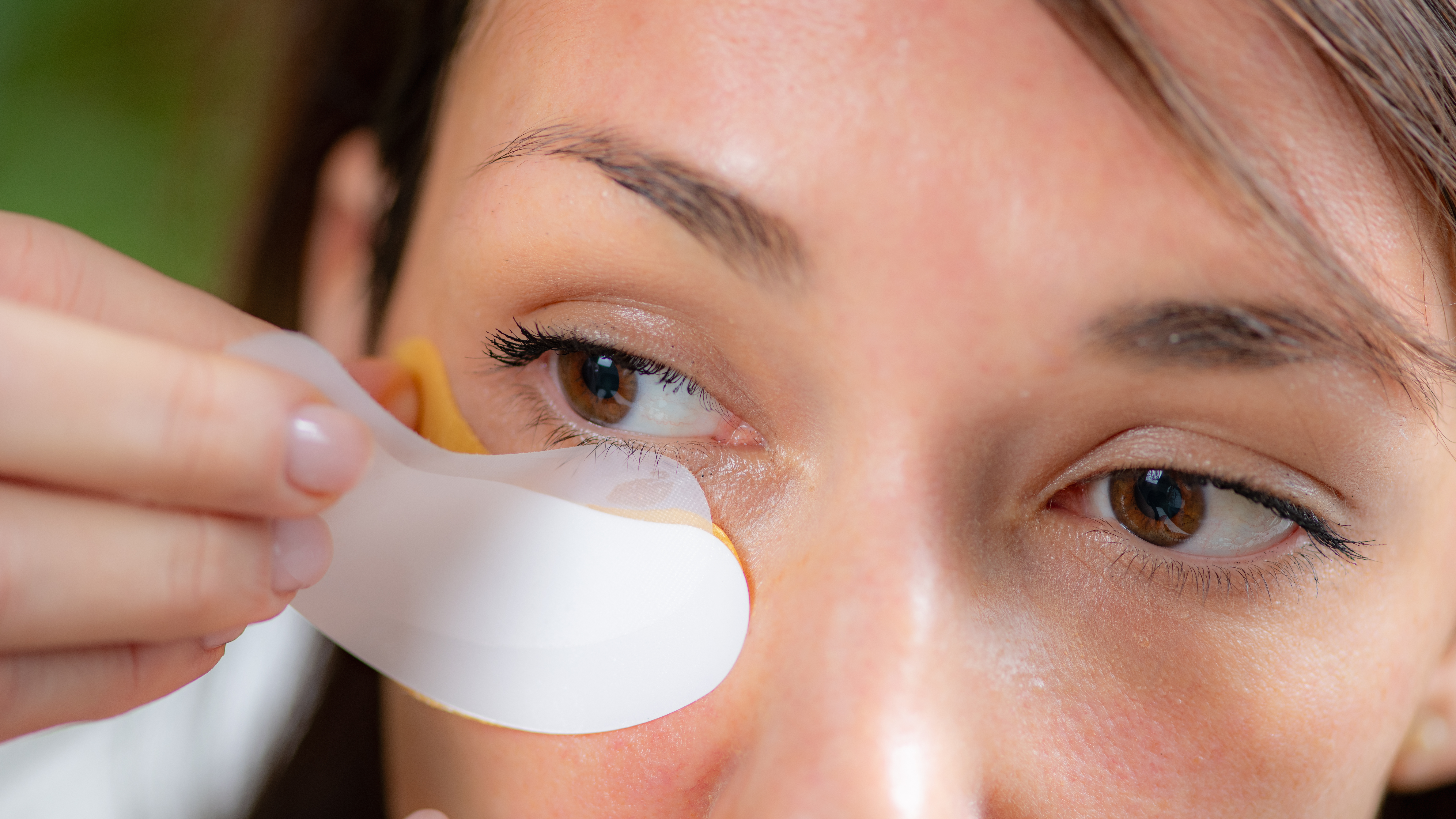Subtle Warning Signs Your Kidneys Are Asking For Help
Your kidneys don’t come with warning lights—but they do send signals. These two fist-sized organs work around the clock to filter toxins, balance fluids, regulate blood pressure, and keep your body in equilibrium. Yet when they’re in trouble, they don’t always speak loudly. Instead, they whisper—through subtle symptoms that are easy to brush off as stress, age, or just “normal.” That’s what makes kidney issues so dangerous: most people don’t notice until serious damage is already underway. That’s why we’ve expanded our guide of surprising signs that may be your kidneys subtly—yet urgently—asking for help. From unusual cravings to changes in skin or mood, these clues are often hiding in plain sight. The sooner you learn to recognize them, the better your chances of protecting long-term kidney health. Because when your kidneys are trying to tell you something, the most powerful thing you can do is listen.
1. Persistent Fatigue

Kidneys quietly handle some of the body’s most critical jobs—filtering waste, balancing minerals, and producing hormones that influence red blood cell production. When they begin to falter, toxins accumulate in the bloodstream, silently sapping your energy. The result? A deep, unrelenting fatigue that rest can’t fix. You might feel sluggish all day, struggle to get out of bed, or notice your concentration slipping. This exhaustion isn’t like being tired after a long day—it’s a cellular-level depletion. If your fatigue feels out of sync with your lifestyle or sleep, your kidneys might be signaling that they’re struggling to keep up.
2. Puffiness Around the Eyes

It’s easy to dismiss morning puffiness as a bad night’s sleep or too much salt, but swelling around the eyes—especially when it becomes consistent—can signal something deeper. When kidneys are damaged, they may allow protein to leak into the urine instead of keeping it in the bloodstream. This loss of essential protein can cause fluid to accumulate in tissues, particularly in the delicate skin around your eyes. The result is that telltale morning puffiness that doesn’t go away easily. If you notice swollen eyelids alongside other subtle health changes, don’t overlook it—it may be one of your kidneys’ earliest distress signals.
